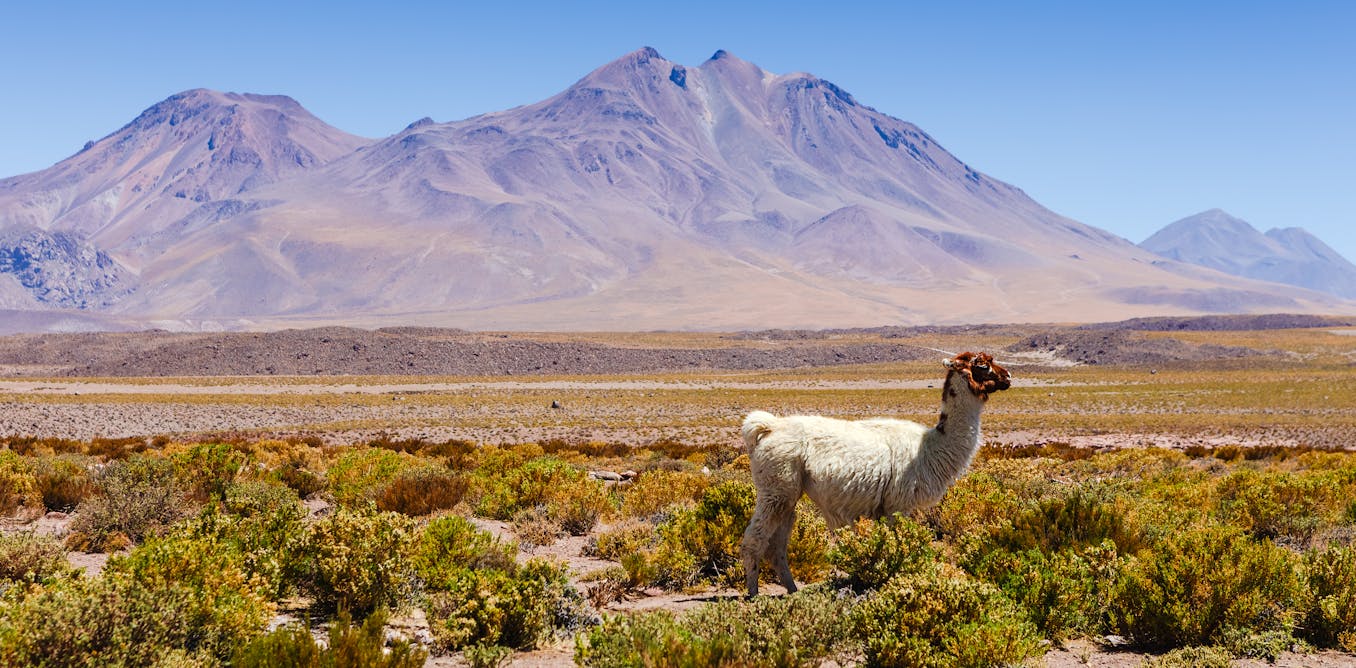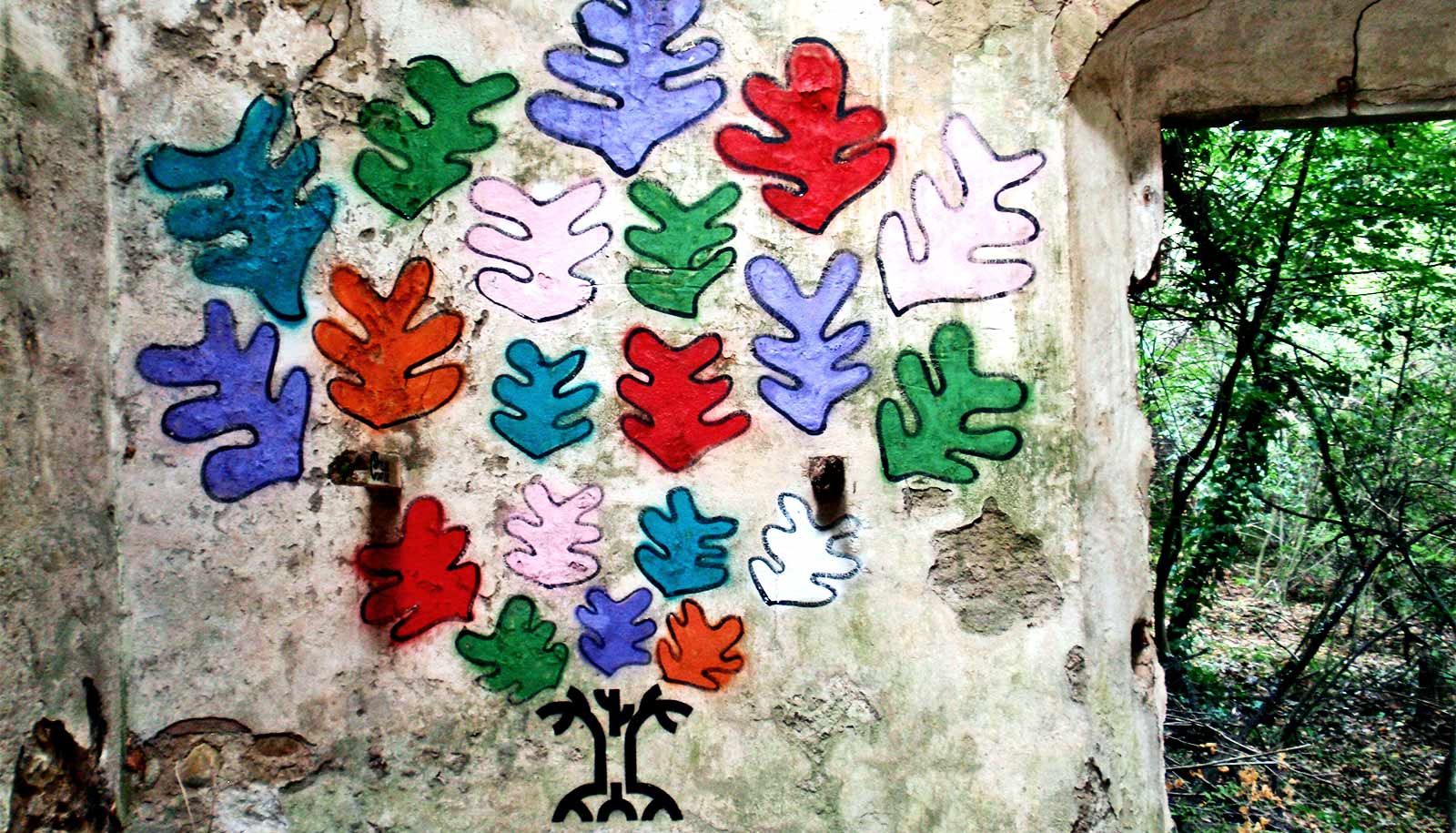200 years ago, people discovered Antarctica – and promptly began profiting by slaughtering some of its animals to near extinction
For 200 years, a small number of countries have exploited the marine wildlife of Antarctica, often with devastating impact on their populations.
Alessandro Antonello, Senior Research Fellow in History, Flinders University
• conversation
Nov. 13, 2020 • ~8 min
Nov. 13, 2020 • ~8 min
MIT-Chile collaboration stresses hands-on projects and teamwork in STEM education | MIT News
MIT alumni and the MIT-Chile Program are bringing unique learning opportunities to Chilean high school students in a partnership with two major Santiago universities.
MISTI
• mit
Nov. 1, 2016 • ~11 min
Nov. 1, 2016 • ~11 min
/
2




